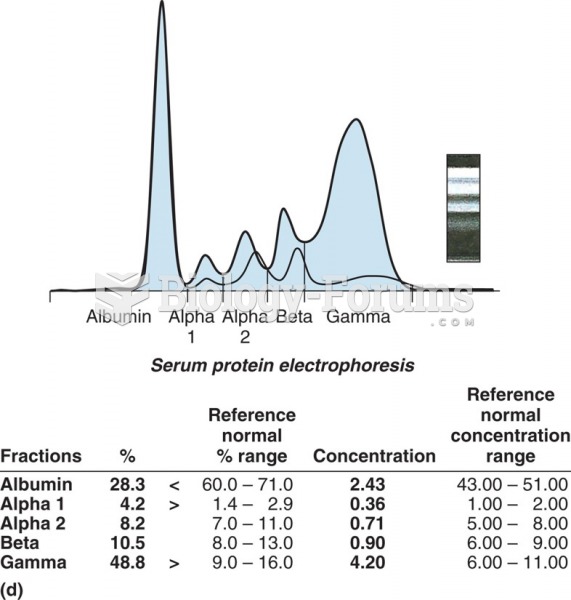|
|
|
The Food and Drug Administration has approved Risperdal, an adult antipsychotic drug, for the symptomatic treatment of irritability in children and adolescents with autism. The approval is the first for the use of a drug to treat behaviors associated with autism in children. These behaviors are included under the general heading of irritability and include aggression, deliberate self-injury, and temper tantrums.
In the United States, an estimated 50 million unnecessary antibiotics are prescribed for viral respiratory infections.
It is widely believed that giving a daily oral dose of aspirin to heart attack patients improves their chances of survival because the aspirin blocks the formation of new blood clots.
Drying your hands with a paper towel will reduce the bacterial count on your hands by 45–60%.
The Centers for Disease Control and Prevention (CDC) was originally known as the Communicable Disease Center, which was formed to fight malaria. It was originally headquartered in Atlanta, Georgia, since the Southern states faced the worst threat from malaria.
 A tracheotomy tube in place, inserted through an opening in the front of the neck and anchored withi
A tracheotomy tube in place, inserted through an opening in the front of the neck and anchored withi
 Each year, the leaders of the world’s eight most powerful nations meet in a secluded place to make ...
Each year, the leaders of the world’s eight most powerful nations meet in a secluded place to make ...
 Electrophoresis gel in a densitometer. SPE densitometry showing polyclonal gammmopathy with a broad ...
Electrophoresis gel in a densitometer. SPE densitometry showing polyclonal gammmopathy with a broad ...




